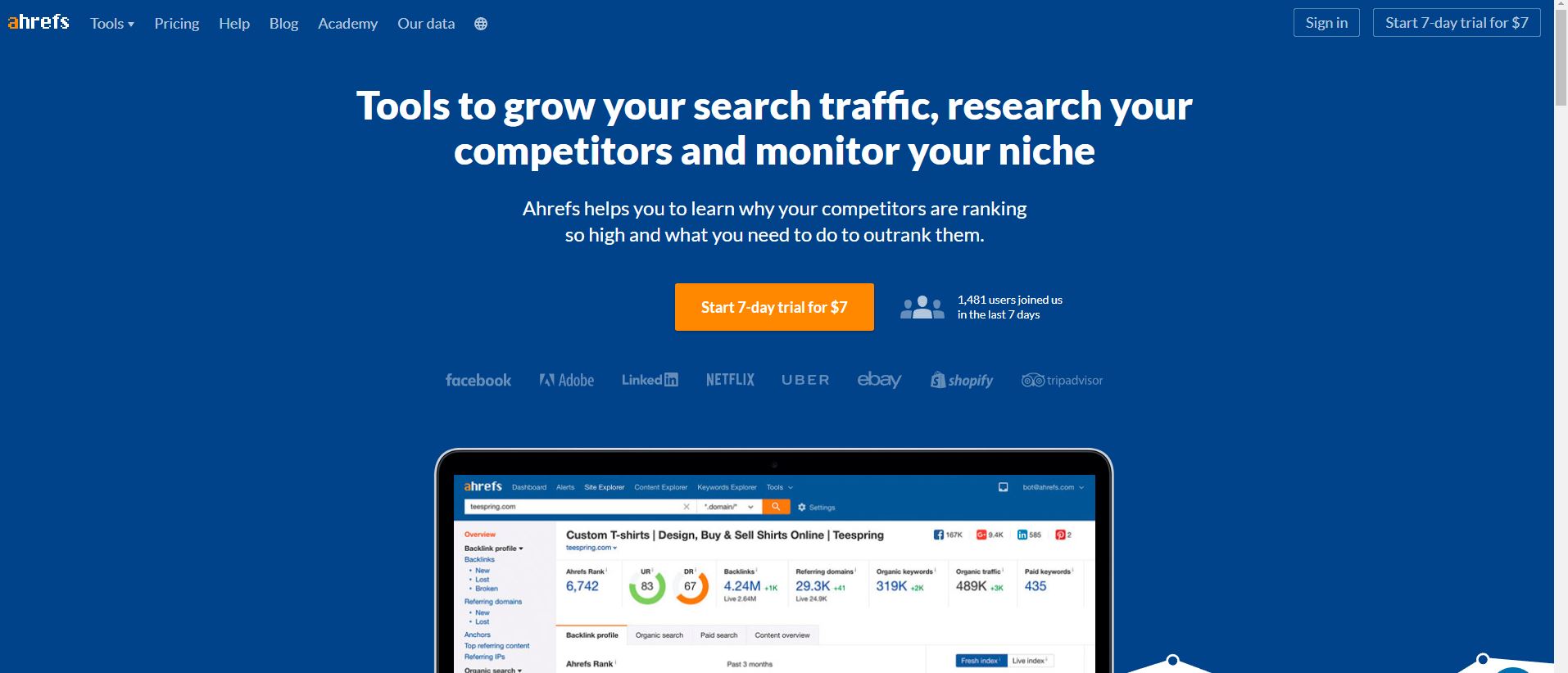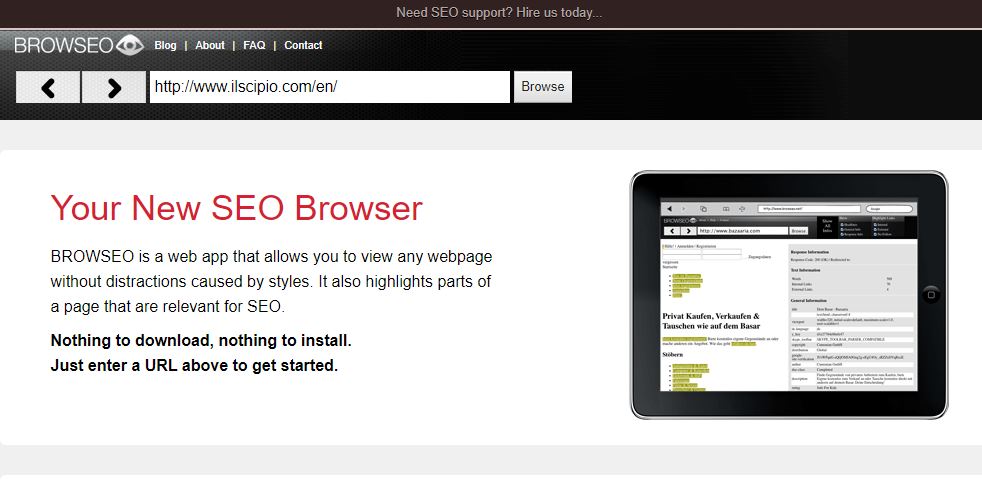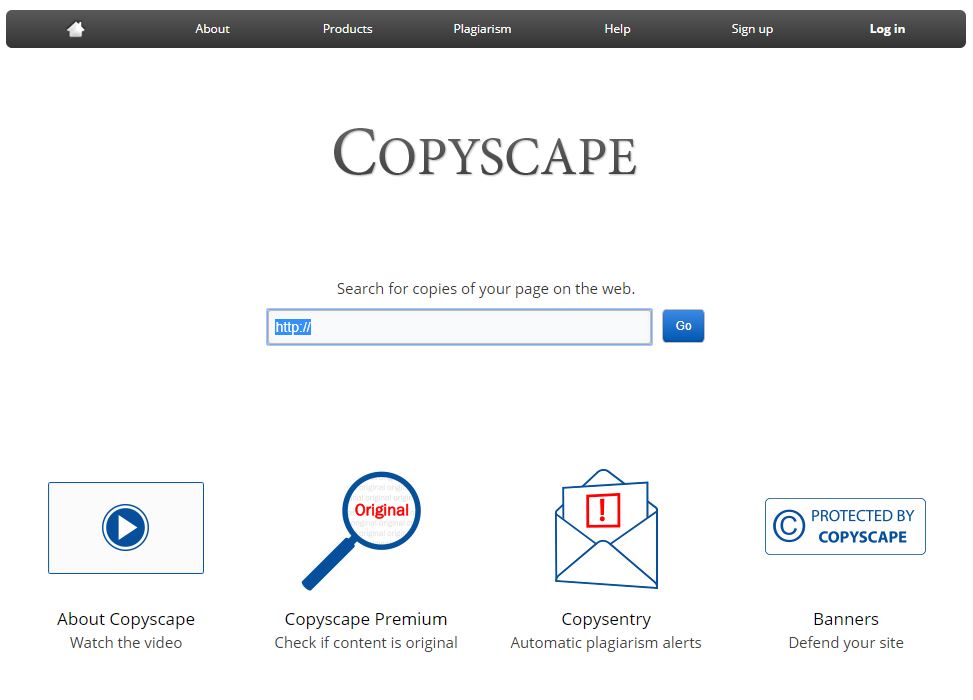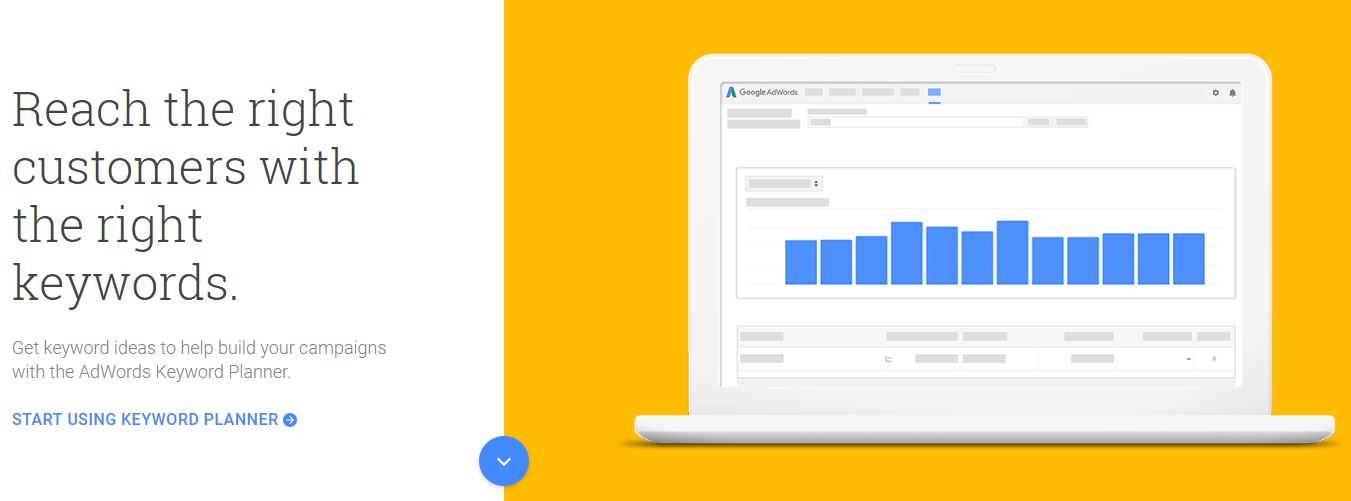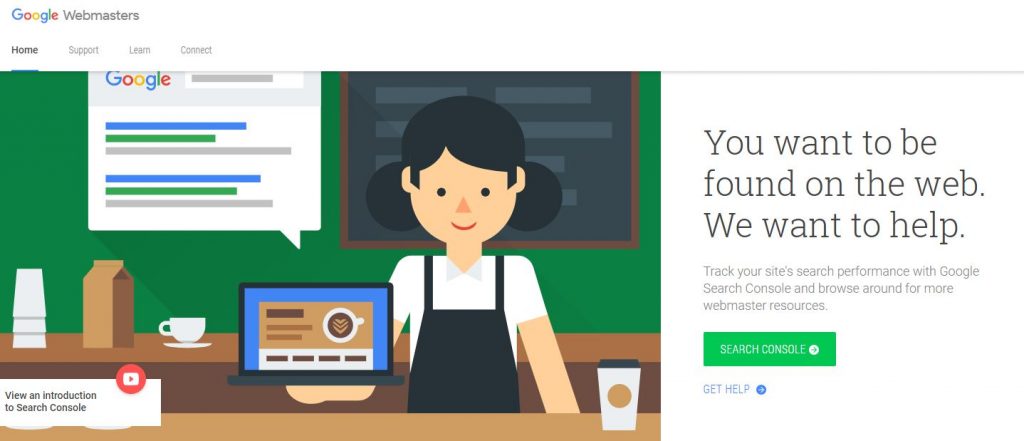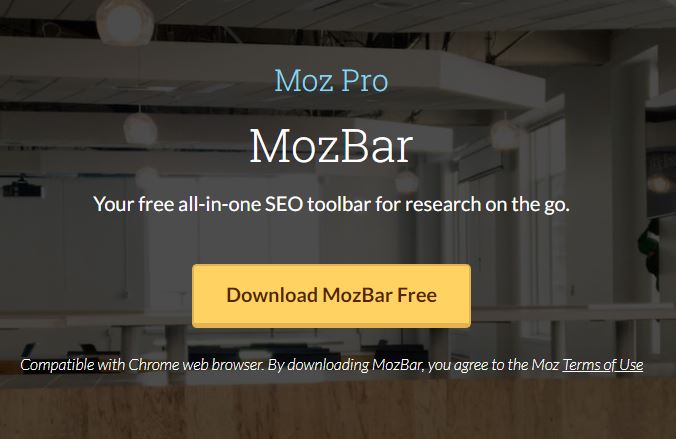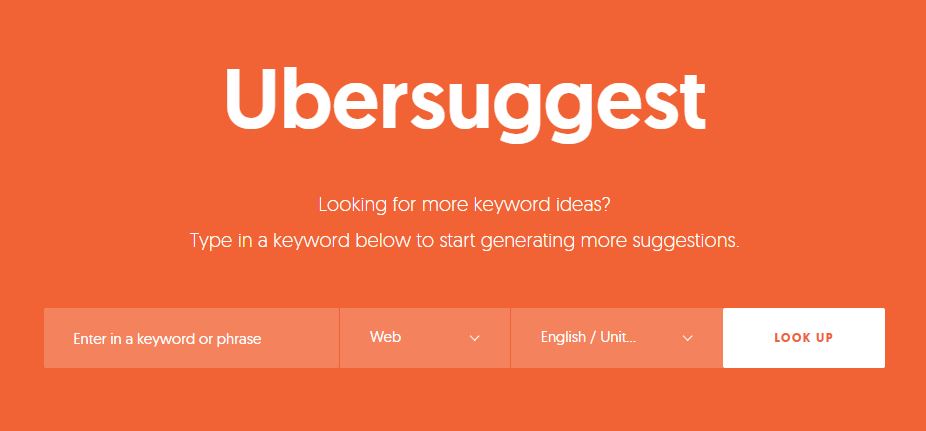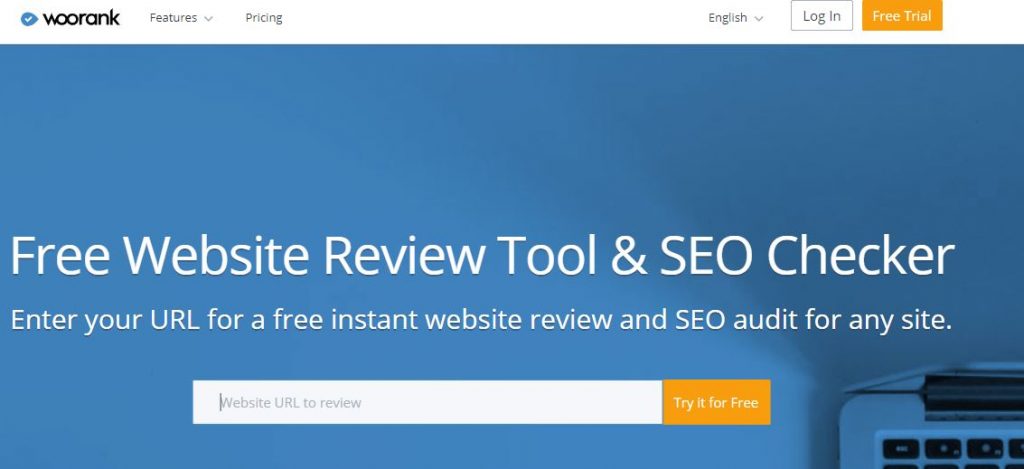
SEO (the acronym stands for Search Engine Optimisation) is the process of getting traffic from “organic” listings on search engines in order to improve your website’s search engine ranking.
Do you want to drive more visitors to your website? An important part of getting people to your website includes your ranking in organic search results, which is where search engine optimisation (SEO) comes in. Put simply, SEO is about making sure that your website appears prominently on a search engine results page (SERP) when a person types in keywords related to your business.
As a business owner it’s vital that you understand the importance SEO plays in your online presence, and how best to optimise your content for online success. But with SEO an ever-changing field (as Google’s frequently shifting guidelines can attest to), it can seem daunting if you don’t know where to start.
There are search engine optimisation tools available to help you and us do SEO — and many of them are free. I’ve put together this list of the best free SEO tools out there right now that we use to help you instantly improve your online marketing.
1. Ahrefs
Ahrefs allows you to check who is linking to you or your competitors. You will see exactly where the links are coming from and lost backlinks.
2. Browseo
This tool allows you to view your website the way a search engine sees it. What’s particularly helpful is that you see a bare-bones version of your site, which can be helpful in showing you the hierarchy you’ve given particular elements.
3. Copyscape
Copyscape is an online plagiarism checker which lets you detect duplicate content and check whether similar text content appears elsewhere on the web. Having unique content is essential in a website or blog post to rank higher in search engines. Simply enter the URL for a website or blog post and Copyscape can tell you where else that content exists online.
4. Find Broken Links
This link report from Ninja Internet Marketers combs through your whole site and highlights a number of link insights, including the internal and external links that need fixing.
5. Google Adwords Keyword Planner
This is a free Google AdWords tool that gives you insight into the volume of monthly searches for a particular keyword, and how much and how much competition there is, based on advertising spend for sponsored links. It also returns suggested terms you could use instead or alongside your original keyword.
6. Google Analytics
Google Analytics is one of the most reliable and widely used analytics tools around. Use it to get detailed website traffic statistics, gain audience insights, and much more.
7. Google PageSpeed Insights
Enter a URL, and this tool will test the loading time and performance of your website — for both desktop and mobile.
8. Google Webmaster Tools
Use Google Webmaster Tools to optimise your website for Google’s search engine results. It’s free and easy to use. Just sign in and connect a site to get started.
See also Bing Webmaster Tools which lets you view how your site performs in the Bing search engine.
9. Open Site Explorer
Open Site Explorer is a complete link analysis tool by Moz. This tool allows you to research backlinks, discover potentially damaging links, find link-building opportunities, view social activity, analyze anchor text and more. You can also use this tool to discover all pages indexed by search engines and get a huge amount of information concerning your website.
10. Remove’em
Remove’em generates a report that helps to identify your anchor text diversity and highlight those areas where you are at risk for anchor text over optimisation. Over-optimisation can sometimes result in your site being penalized algorithmically for that specific anchor text.
11. Screaming Frog
The Screaming Frog SEO Spider is a small desktop program you can install locally which fetches key onsite elements for SEO and allows you to export them to Excel so it can easily be used as a base to make SEO recommendations from. It’s particularly good for analysing medium to large sites, where manually checking every page would be extremely labour intensive
12. SEOWorkers Analysis Tool
Provides a detailed report quickly, with the added benefit of background information on SEO best practices. It’s also available as a Firefox extension.
13. MozBar
Click on the MozBar, and you generate an instant report on the website you’re visiting. It’s also available as browser extension for Firefox and Chrome.
14. SEO Chat
SEO Chat’s keyword tool incorporates searches across the main search engines, plus YouTube, and Amazon.
15. SERPs Rank Checker
This is another effective SEO tool. By using this tool, you can check your keywords rankings position in google or yahoo.
16. Übersuggest
This tool will generate some comprehensive lists of long tail keywords for you. You can also try KWFinder for long tail keywords.
17. WooRank
Enter your website’s url to generate a detailed report on how search-engine friendly your site is. One free report per week.
18. Yoast
If you’re creating your content in WordPress, I recommend using the SEO Yoast Tool, which analyzes how SEO-friendly your content is. This tool incorporates many features to help you optimise your content for search results, such as snippet generator, images titles, meta descriptions. (The All In One SEO Pack is a similar plug-in tool by WordPress).
Bonus Tool
Since publishing this guide to SEO tools, I’ve been made aware of a new tool
SERPSim.Com — a google snippet tool with which you can share, save and copy a single snippet or multiple in bulk.
These are just some of the many tools out there to help you optimise your web content. Are there any other tools you would recommend?
Source: Medium

